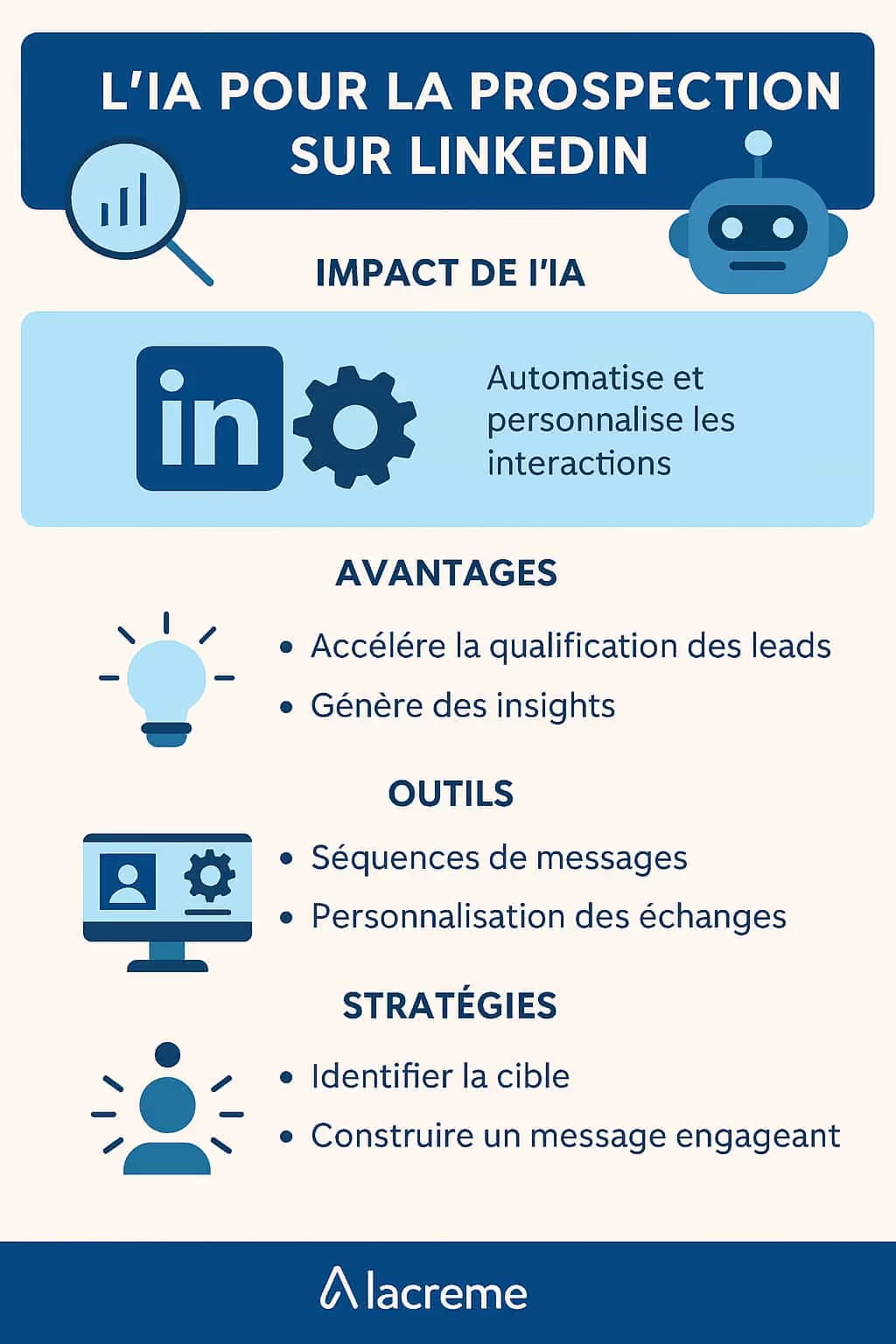The rise ofartificial intelligence (AI) is radically transforming global industries, including pharmaceutical sector traditionally dense. Formerly the field of pure scientific research,pharmaceutical industry is now seeing its paradigms upset by this cutting-edge technology, creating new opportunities and challenges that redefine the very approach to health. At the heart of this evolution,AI is becoming a catalyst for progress, changing the way drugs are discovered, developed, and made available to the public.
Integrating AI in pharmaceutical development
Defining and understanding AI in a pharmaceutical context
Understand theAI in the context of the pharmaceutical industry begins by defining this concept, which is punctuated by spectacular technological advances. THEartificial intelligence refers to systems or machines that simulate human intelligence to perform tasks and improve based on the data collected.
Practical examples of AI in drug development
Let us specify with concrete cases the use ofAI in the drug development process. From the selection of drug candidates to the prediction of the effectiveness of molecules, theAI redefines laboratory testing. A significant example is the use of neural networks to filter thousands of substances and identify those that have the potential to become effective treatments.
Optimizing search processes with AI
The impact of AI on the discovery of new molecules
The search for new therapeutic molecules is a complex and expensive process. Thanks to theAI, the recognition of patterns in huge biochemical databases makes it possible to quickly identify promising molecular candidates, reducing the time and cost inherent in discovery.
Advances in AI in preclinical and clinical studies
When it comes to preclinical and clinical steps, theAI shows revolutionary relevance. By simulating interactions between drugs and living organisms, it helps to anticipate potential effectiveness and toxicity, optimizing the safety profile even before the first human trials begin.
Personalizing treatments: AI and precision medicine
Patient segmentation and disease prediction using AI
Precision medicine, which aims to adapt treatments to the individual genetic profile, benefits greatly fromAI. By analyzing vast sets of genomic data, theAI avoids trial and error in treatment, promising tailor-made therapeutic strategies, better aligned to the specific needs of each patient.
Improvement of targeted therapies thanks to predictive algorithms
Predictive algorithms are shaping the future of targeted therapies. By relying on machine learning models, these systems anticipate an individual's response to a given treatment, allowing for increased personalization and therefore higher potential drug effectiveness.
The economic and operational benefits of AI in pharmaceuticals
Reduced drug development costs and time
Reduced costs and time savings are two of the most significant benefits provided byAI. By accelerating research and development, theAI eliminates time-consuming and costly steps that have a positive impact on finances and time to market.
Decreased failure rates in clinical trials
Clinical trial failures represent huge losses for the pharmaceutical industry both financially and in terms of time. THEAI helps refine the design and selection of cohorts for trials, resulting in a significant reduction in failures.
Challenges and ethical considerations of AI in the pharmaceutical industry
The legal and security implications of using data
The use of sensitive data by systems ofAI raises legal and security concerns. Legislation must therefore adapt to regulate this use, protecting patient information while allowing innovation.
Balance between innovation and privacy
Finding the ideal balance between technological advancement and privacy protection is a major challenge. Pharmaceutical companies need to carefully navigate this regulatory environment, ensuring that theinnovation does not interfere with ethics and the trust of users.






